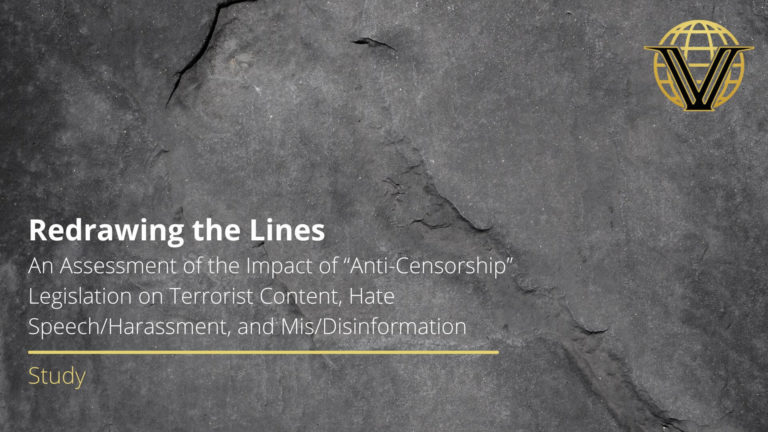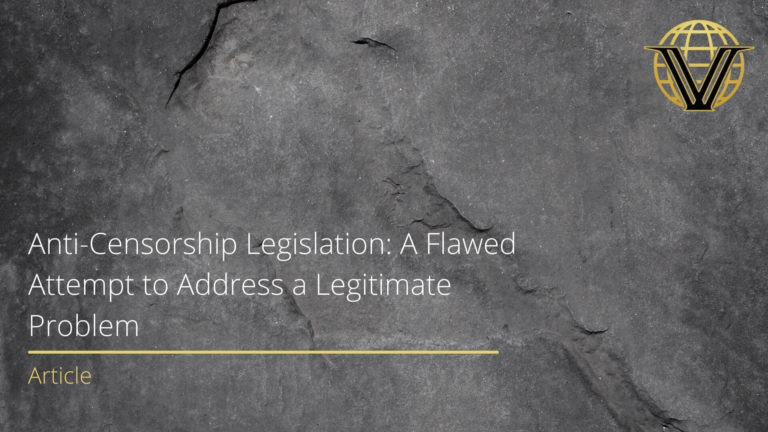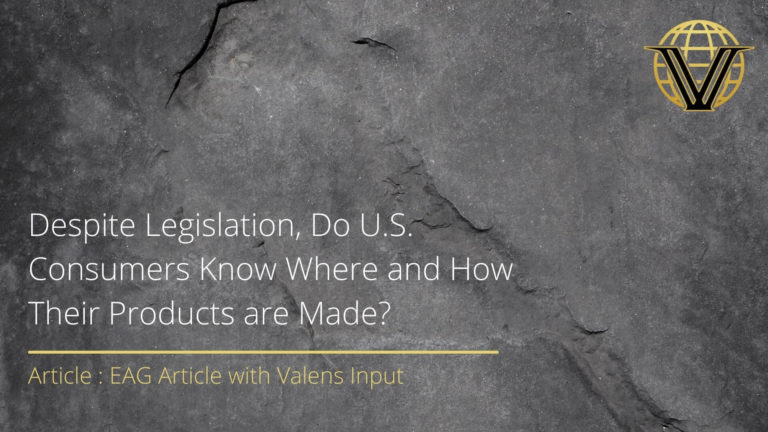Daveed Gartenstein-Ross and Varsha Koduvayur
The tragic shooting in a Buffalo supermarket has once more brought white supremacist violence to the forefront of national news. Payton Gendron, an 18-year-old self-avowed white supremacist, killed 10 people in a racially motivated attack. In his manifesto, the young man ranted about the declining percentage of white Americans. His horrific rampage has hastened calls for a stronger response against the global rise in violent white supremacist extremism.
To start, Washington should begin deploying one particularly powerful tool in its arsenal, which it is currently sleeping on: terrorism designations and the economic sanctions they trigger.
Designating violent white supremacist groups as terrorist entities is critical to defanging the threats they pose. Designations enable the State and Treasury departments to curtail the financing and fundraising abilities of white supremacist extremist groups. In making it illegal to give such groups money or material support, designations allow for prosecutions of individuals or networks providing that assistance.
Designations have played a vital role in the fight against jihadism in the past two decades, as Washington and its allies sought to stem the flow of terrorist financing. Designations also play an important role in intelligence collection, providing critical legal authorization for collection of information on designated groups.
While U.S. law does not allow the designation of U.S.-based groups or U.S. nationals as terrorists, there are several international violent white supremacist groups — the kinds that Gendron could have drawn inspiration from — that meet the criteria for designation and currently are getting off scot-free as far as Washington is concerned.
Last year, Australia designated The Base, a U.S.-based neo-Nazi group whose goal is to commit violent acts that will foment a civil war, overthrow the U.S. political system, and create a white ethno-state. Australia determined that The Base posed a “credible” threat and was “planning and preparing terrorist attacks” in Australia; indeed, press reports show that The Base had attempted to set up a cell in Australia and even tried to recruit teenagers. Britain and Canada have also so designated The Base.
Additionally, both the U.K. and Australia have proscribed the Britain-based Sonnenkrieg Division, while the U.K. has also designated the Baltics-based Feuerkrieg Division. Canada has proscribed the U.K.-based white power skinhead group Blood & Honour and its affiliate Combat 18 (C18). Both Canada and Britain have sanctioned the neo-Nazi group National Action. Finland has banned the Nordic Resistance Movement (NRM), a Scandinavia-based group whose members have carried out bombings.
Washington has only designated a single WSE group: the Russian Imperial Movement, in April 2020. Despite launching the U.S.’s domestic terrorism strategy last June, the Biden administration has not designated any other WSE groups. The lack of designations is a strategic vulnerability in Biden’s heartfelt vow to ensure that “white supremacy will not have the last word.”
To be sure, some of the groups designated by our allies would not meet the criteria for designation under U.S. law. The Base, Blood & Honour, Combat 18, and Sonnenkrieg Division can likely not be designated as terrorist organizations for various reasons: One is U.S.-based, while the others either lack clear organizational structure or have not engaged in recent violence, and thus do not satisfy U.S. legal requirements for designation. (This conclusion represents an evolution in our previous view of designable WSE groups, as we have further explored nonobvious interpretations that the U.S. government holds regarding its designation authority.) But Feuerkrieg Division and the Nordic Resistance Movement likely are designable, and there are more groups like them cropping up all the time.
U.S. designations of these groups would help improve coordination between Washington and its allies, providing a more robust global response to the rise of militant white supremacist extremism. They would deny designated groups access to the U.S. financial system. Moreover, setting up more robust sanctions regimes against violent extremist white supremacist groups would allow Washington to respond more nimbly and quickly to future attacks. Terrorism designations would also allow U.S. authorities to conduct more robust monitoring and tracking of WSE groups’ activities, including their activities online and attempts to recruit or radicalize individuals in the U.S. to violence.
Lastly, designations will be a credible and permanent reminder of Biden’s vow — perhaps a less strategic benefit than the other reasons, but one that will carry weight, particularly with the communities that have suffered from racist attacks.
Designations are a step that State and Treasury do not take lightly, understandably so. But the time has come for a more proactive application of America’s designations power against violent white supremacists. For now, the dust settles from the Buffalo attack, Gendron’s prosecution plays out, and the nation awaits the next possible attack. But to better mitigate the real and lethal threats posed by militant white supremacist extremists, America must sanction them.
Gartenstein-Ross is the CEO of Valens Global and leads a project on domestic extremism for the Foundation for Defense of Democracies (FDD). Koduvayur is an analyst at Valens Global, where she focuses on U.S. domestic extremism and geopolitics.



